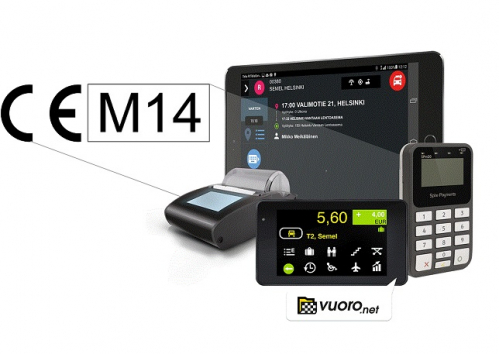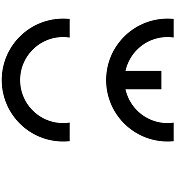Restore general confidence
Confidence in taxi services to be restored
The Finnish taxi industry have gained a bad reputation when it opened up for free competition. From the consumer's point of view, the reliability of taxis has decreased and there have been problems with price transparency. One major problem is the lack of technical specifications for "different devices or systems" similar to a taximeter. We briefly describe the rules and guidelines of the various parties and how this affects the service providers and consumers.

The law
According to Article 27a (1) (8) of the Law on vehicles, the Finnish Transport and Communications Agency (Traficom) shall lay down the technical regulations for what constitutes a "similar device or system" equivalent to a taximeter.
No regulations has been made so far,
and some manufacturers have interpreted
that "equivalent" device can be anything
In practice, vehicle law has been interpreted to mean that a declaration of conformity by the manufacturer is considered sufficient. This interpretation has resulted that manufacturers or users of such devices are able to market its device as a "taximeter", without any technically proven basis.
Questionable measuring devices
has increased consumer unconfidence
towards the taxi industry
This can be considered to be misleading for the consumer and distorting competition for operators who manufacture or use taximeters in accordance with the Directive of Measuring Instruments (MID)

Direction where?
One of the main themes in the new government program has been the prevention of the gray economy. If all taximeters were approved by a notified body, this would lead to a decreased gray economy and greater transparency in pricing.
Taxation and collection of value added tax
are currently based on taximeters report data
and taxable persons' own declarations.
In order to obtain reliable and comparable information from the industry requires sealed measuring instruments that meet the requirements of the Directive of Measuring Instruments (MID). In practice, the taximeter is a scale and a cash register, which also functions as a fiscal memory.
It is the duty of the legislator to ensure consumer protection, fair and just taxation, data retention and to prevent the gray economy in the taxi industry.

Liikennekaari
In Finland, the requirement for taxi meters in taxi traffic was abandoned in connection with the "Liikennekaari" traffic reform in July 2018. According to § 25 (2) of the current Law of vehicles; when the price is based on distance or time, a taxi must have an approved and sealed taximeter in accordance with the Directive of Measuring Instruments (2014/32 / EU).
Any other device or system than the taximeter should achieve the same level of reliability as the taximeter as well as the level of data protection.

CE
Currently, some "other devices or systems" use the CE marking on products for which there are no clear requirements. This is misleading as it leaves it unclear which requirements the product is claimed to meet.
If another device / system
wants the CE mark, it should
be based on the nearest
corresponding requirements.
In this case, it would be the taximeter requirement under the Directive of Measuring Instruments (MID). The directive require a notified body to assess the conformity of a device. If the notified body has not assessed the product, the CE marking should not be applicable to "any other device or system". The nearest notified body is RISE, Sweden.

Links:
| Semel approved taximeters | Read more |
| TUKES information about CE marking | Read more |
| RISE approved taximeters | Read more |